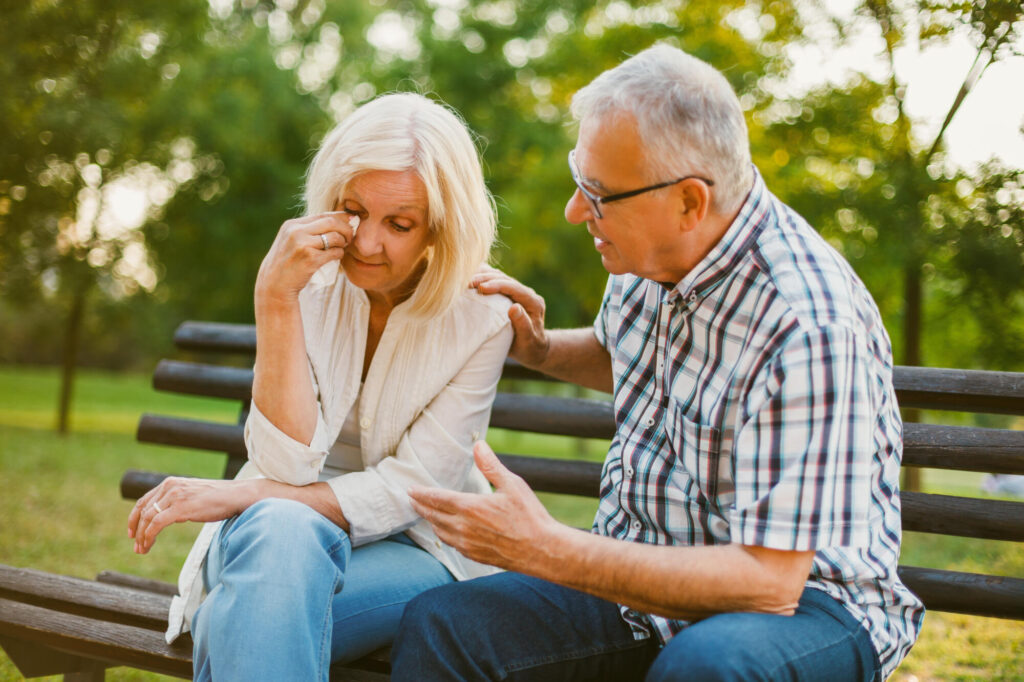As we age, how we cope with stress and change can significantly impact our health and happiness. Many older adults develop coping habits that may seem harmless but can lead to negative consequences over time.
Recognizing these unhealthy coping habits is crucial to support their well-being and encourage healthier strategies. By understanding the signs, you can help loved ones feel happier and more balanced.
Common Unhealthy Coping Habits
Older adults may demonstrate various unhealthy coping strategies. Withdrawing from social activities or family can lead to loneliness. Relying on alcohol or medications to relieve stress can create bigger problems.
Using food for comfort may lead to health issues like obesity or diabetes. Skipping regular medical appointments or not following health guidelines can worsen existing conditions.
Recognizing Signs of Unhealthy Coping
Spotting unhealthy coping habits in older adults involves looking for certain behaviors or changes in their lifestyle. Here are some signs that may indicate someone is struggling:
- Changes in sleep patterns
- A drop in interest in activities
- Increased irritability or mood swings
- Visible weight changes
- Withdrawing from friendships
These changes may not always indicate unhealthy coping habits, but if multiple signs appear, it may be worth investigating further.
The Impact of Unhealthy Coping on Well-Being
Unhealthy habits can have a range of impacts on older adults. For example, social isolation can lead to depression and anxiety. Substance abuse can not only damage their physical health but can also strain relationships with loved ones. Over time, these coping mechanisms can create a cycle of negative emotions and behaviors.
Encouraging Healthier Coping Strategies
If you notice signs of unhealthy coping behavior, it’s essential to gently encourage healthier alternatives. Help your loved ones stay connected with friends and family through regular visits or phone calls. Engage them in light exercise, like walking or yoga, to improve mood and overall health.
Help them find new interests that can spark joy, like gardening or painting. Going on trips, even short ones, can provide a break from routine and create lasting memories.
Additionally, consider suggesting professional support when needed. Therapists or counselors can guide older adults in developing positive coping strategies.
How to Engage Older Adults in Conversations
Talking openly with older adults about their coping habits is vital for their well-being. Here are some tips on how to approach these discussions.
Select a calm, comfortable environment where they feel safe. Show understanding and validate their feelings to create trust.
Encourage them to share by asking questions that require more than a yes or no answer. They may need time to open up and express their feelings about their coping habits. Remember to spot unhealthy elderly coping habits early and help your loved ones find healthier ways to cope with life’s challenges.
Supporting Older Adults in Healthy Coping
Recognizing the signs of unhealthy coping habits in older adults is an important step in supporting their mental and physical health. By being aware of common behaviors and impacts, you can help make a difference in their lives. Encourage positive coping strategies and stay engaged with them regularly.
For more helpful tips, check out the rest of our site today.






